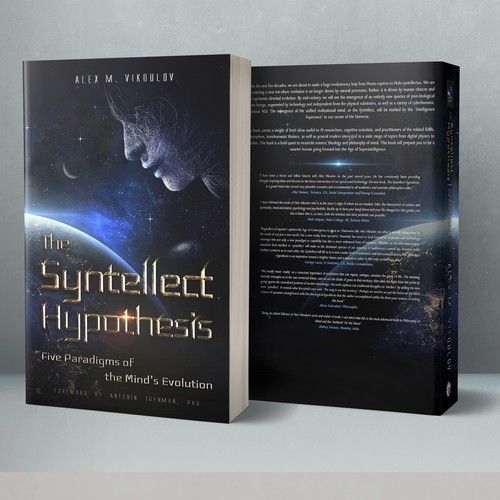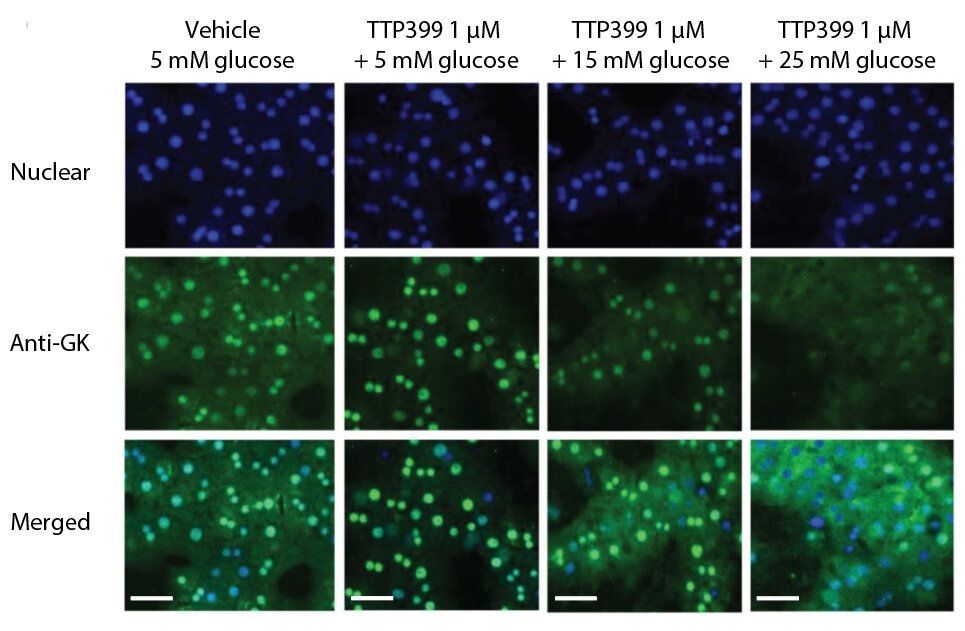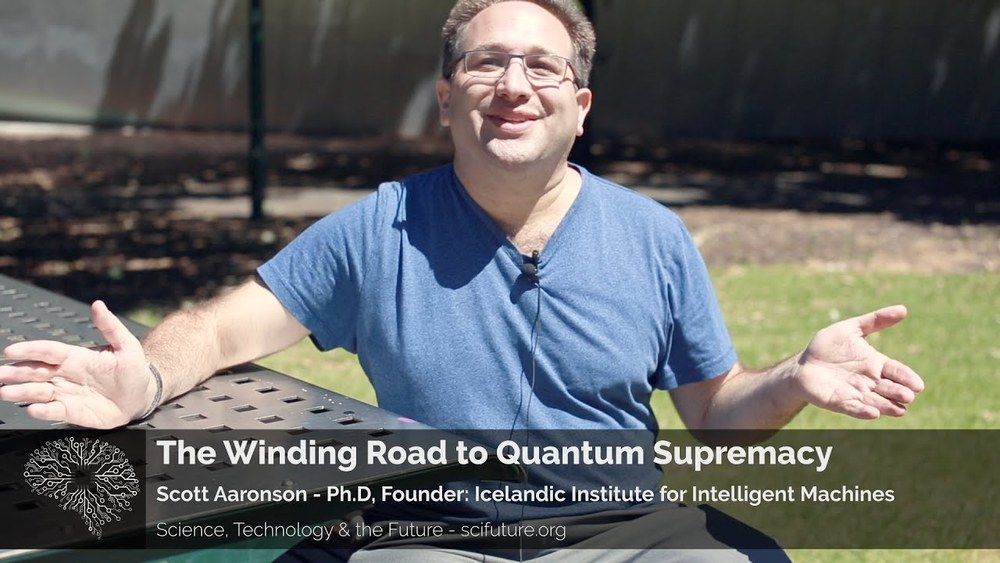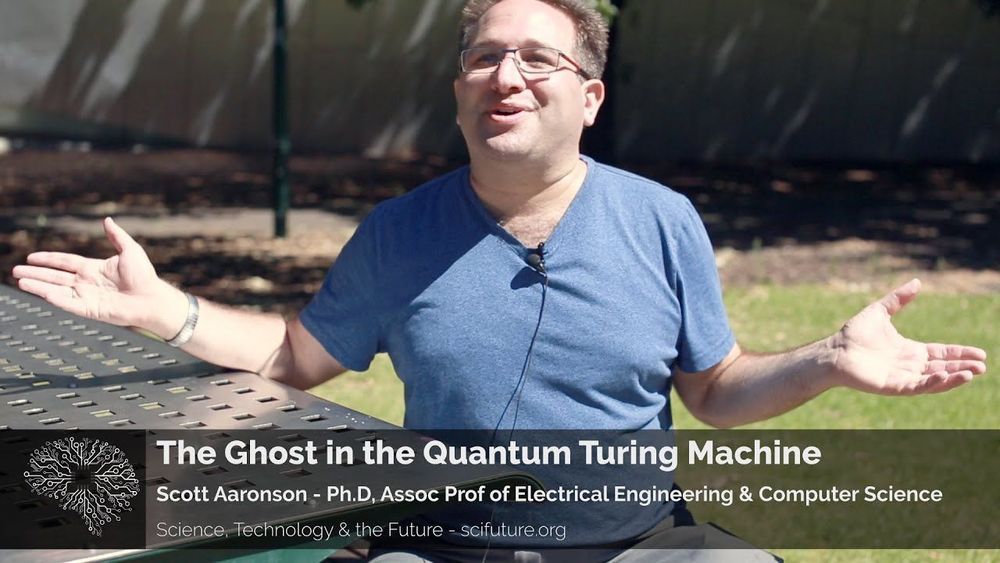Feb 22, 2019
Masterpiece: “The Syntellect Hypothesis”
Posted by Alex Vikoulov in categories: alien life, evolution, life extension
Foreword to the Syntellect Hypothesis.
I had the honour of writing the foreword of Alex Vikoulov’s recently published masterpiece and bestseller “The Syntellect Hypothesis”. Hereunder you can read my foreword:
“If you picked up this book, it is not unlikely that you may have heard of the early 20th century philosophical movement of Cosmism. This movement, which originated in Russia, was striving for conquering the planets and stars, for radical life extension, immortality and resurrection of our loved ones by the means of technology. Perhaps one of its most important pioneers was Konstantin Tsiolkovsky, whose aspirations did not only venture into the realm of the Macro, but also explored the Micro. He spoke of the atomic world as being animated and can thus be considered a kind of cosmist-panpsychist.
Continue reading “Masterpiece: ‘The Syntellect Hypothesis’” »

















